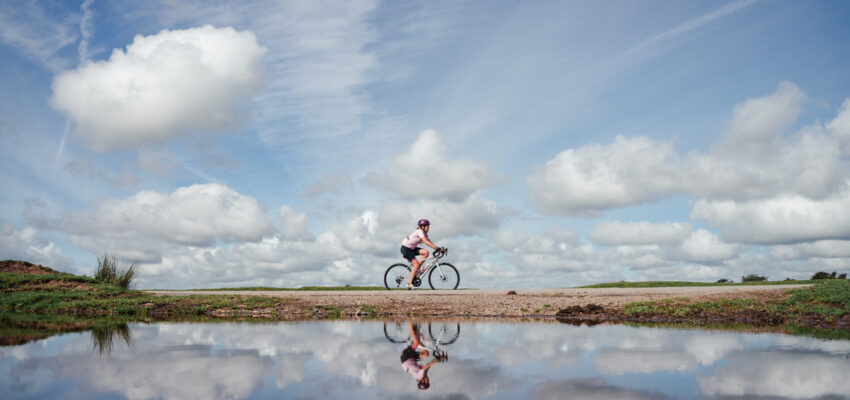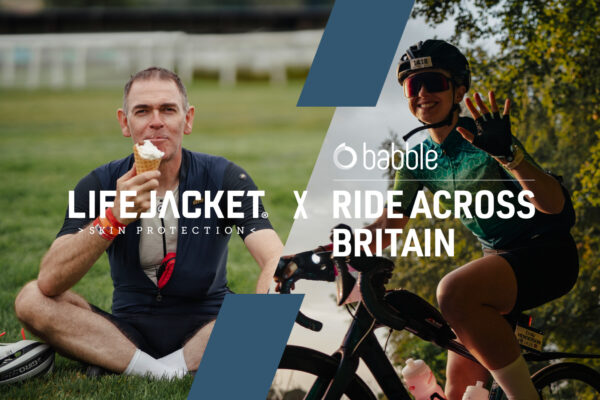Are You Ready to Ride?
With just six months to go until we head down to Land’s End, we sat down with Babble Ride Across Britain Route Director Andy Cook to discuss preparing for the adventure of a lifetime this September. We covered a lot of ground, from where you should be training-wise to how best to get your kit ride-ready.
With Six Months to Go, Where Should I be in Terms of Physical Fitness?
Six months out, in an ideal world, riders will be used to regularly going for a cycle. However, we are realists, and understand that the pressures of life – family, work etc. (along with awful weather) – can make it hard to stay motivated.
At the very least, having a plan for training would be good, with relevant milestones in place. Indoor cycling or general fitness gained from gym sessions will ensure that as soon as the clocks spring forward the opportunities to get outside and increase the mileage should be easier to take advantage of. So get your clothing sorted, your bike prepped, and be ready to get down to serious work this spring!
Last November we hosted a webinar diving into the details of how to go about preparing – check it out below for more tips.
What is a good ‘benchmark’ at this point for how prepared I should be?
Being mentally fresh and eager to prepare is a good sign. Being in the right mindset with preparing your training kit – be that bike, clothing, or nutrition – will help ensure that there are no barriers to getting out there and getting the work done when you need to. On top of all of life’s other distractions, it’s all too easy to put off training if your equipment is simply not prepared.
Is there still time to train if I have not yet started?
The short answer is Yes. However, those who have already begun to build a solid foundation of rides will be far better placed to increase the volume and intensity of the workload at a rate that provides greater adaptation to the training load. It’s for this reason that people with a solid background in endurance sports have and ability to switch sports due to the already developed heart and lungs required for such activity. So if you’ve taken part in other endurance events in the past, especially in the last few years, you should have an easier time getting into your training with six months to go.
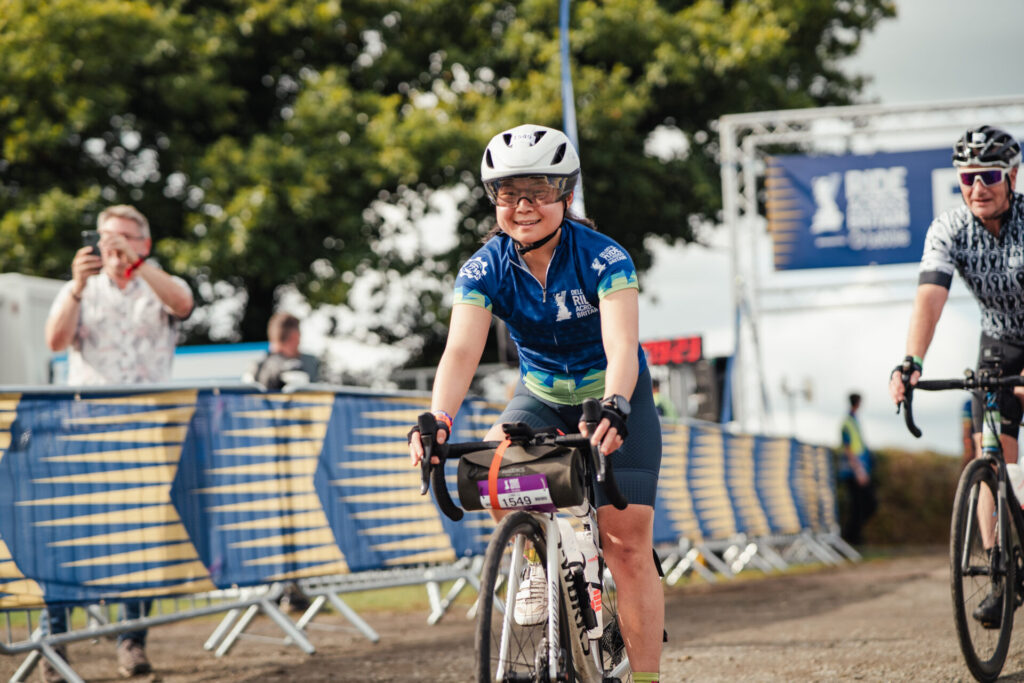
Should I have settled on the exact on-the-bike I plan to use by now?
Not necessarily. Old fashioned traditional cyclists will generally complete their winter training on a heavier, often mudguard-equipped bike in order to benefit from the switch to a lighter, more responsive bike in summer. However, not everyone has that luxury – and, of course, it’s very important to get used to the actual bike that you intend to use on the Babble Ride Across Britain itself.
If you are already using the bike you intend to use in September then be prepared to get it serviced prior to the event, as riding a bike in typical British conditions will inevitably mean worn components like brake pads, transmission, etc. Whilst a bike fit is not essential, it can help to avoid overuse injuries, so it could be a worthwhile investment.
“The important thing is to ride the bike that you are most comfortable riding.”
What kind of bike should I ride?
If you have the luxury of choice, we’d recommend a bike with a decent range of gears for the elevation gain you’ll cover on the ride. Mudguards and wider tyres are not such a bad idea either, as the route uses some minor roads which are far less well maintained by local authorities than major highways with more traffic. A thoroughbred racing machine is not necessarily the best choice for the Babble Ride Across Britain – some riders do choose to ride very high-end bikes, but we also see plenty of riders on hybrid bikes with flat handlebars.
The important thing is to ride the bike that you are most comfortable riding.
How far out from the event should I get my bike serviced? How thorough should that service be?
You need to get the bike serviced far enough out from the actual event to allow new cables to stretch and let chains and brake pads ‘bed in’. I would suggest you get your bike serviced two or three weeks out, and then to use it for a couple of decent rides in order to achieve the aforementioned ‘bedding in’.
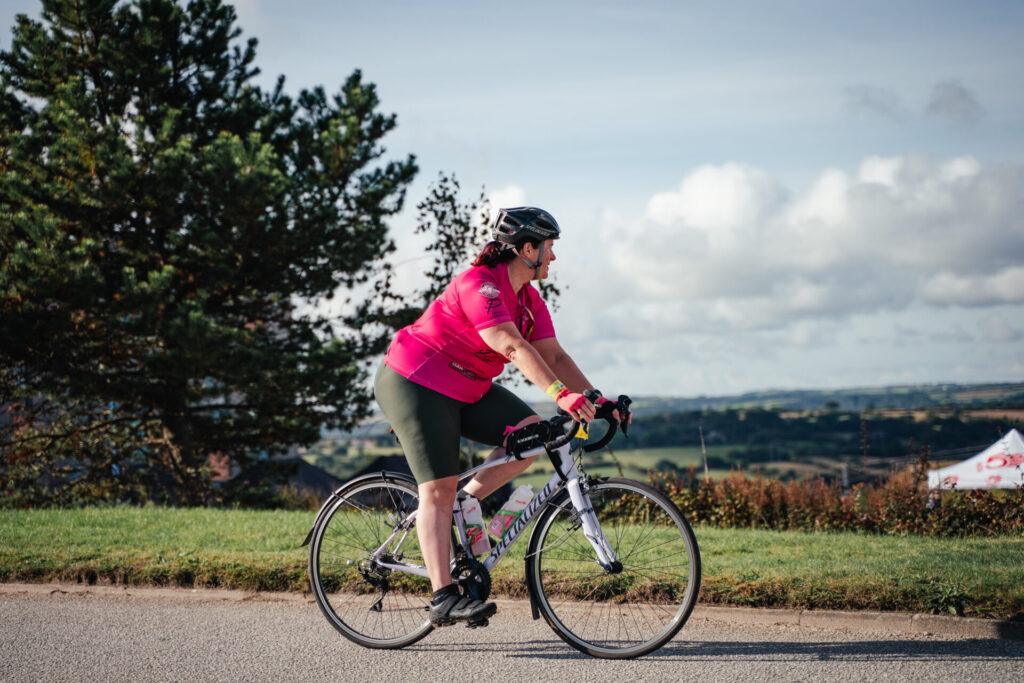
What kind of kit should I pack?
The Babble Ride Across Britain takes place in the UK in September, so try and be prepared for all sorts of weather conditions. We have had very hot days where sun cream has been vital, and we have had days when it has rained incessantly. Most years, we seem to experience every season throughout the nine days!
As a minimum, we recommend packing:
- a range of short-sleeve summer cycling tops
- one or two couple of long-sleeve options
- a good quality waterproof which can be carried in your jersey pocket
- arm warmers, leg warmers, overshoes, gloves, and a cycling cap.
The key is to give yourself enough options to layer up, as you can always remove layers if you get too warm.
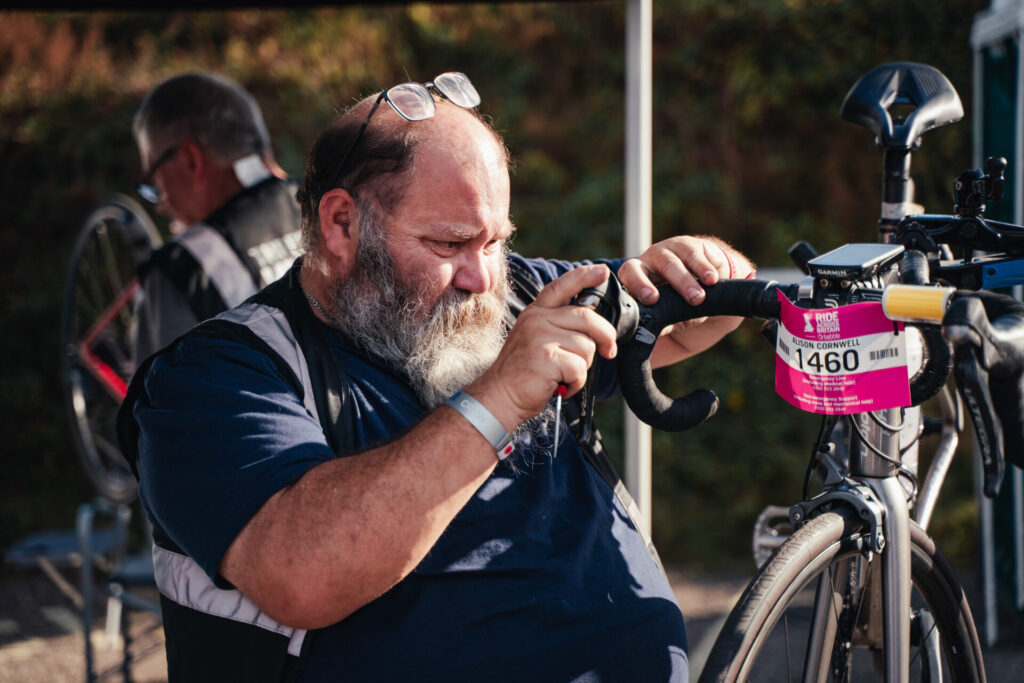
Full mechanical support is provided throughout the Babble Ride Across Britain
What about off the bike? What should I have in my kit bag at basecamp?
Base camp is not a fashion show! Joggers, sweatshirts, hoodies, and puffer jackets are perfectly adequate around camp – again, consider layers which can be removed or doubled up.
One top tip: a pillow case stuffed full of jackets and hoodies makes for a great pillow, and saves you having to bring a specific pillow that could take up valuable space in your kit bag.
Another top tip is to use a slightly larger bag than you need to, so that in your tent each morning you’re not struggling to stuff everything into a tight space. Use separate drybags for various items of clothing to avoid everything getting mixed up in the bag.
“Your mindset is the single most important aspect of completing this challenge.”
Help! I’m beginning to have doubts about whether I can actually do this!
Your mindset is the single most important aspect of completing this challenge. Remaining as positive as you possibly can throughout the build up will have a massive effect on your ability to succeed. Focus on training as much as you can, but don’t beat yourself up too much if life gets in the way sometimes. More training means that you can enjoy rather than endure the ride.
During the event, breaking each day down into three separate sections of approximately 35 miles each will make the whole thing more manageable. Draw upon your fellow riders for support – there are hundreds of you, after all – and rest assured that the Threshold team and the chaperone riders will make sure that anyone having doubts on any particular day can be supported. You never know – one day it could be your turn to provide the support to fellow riders.

